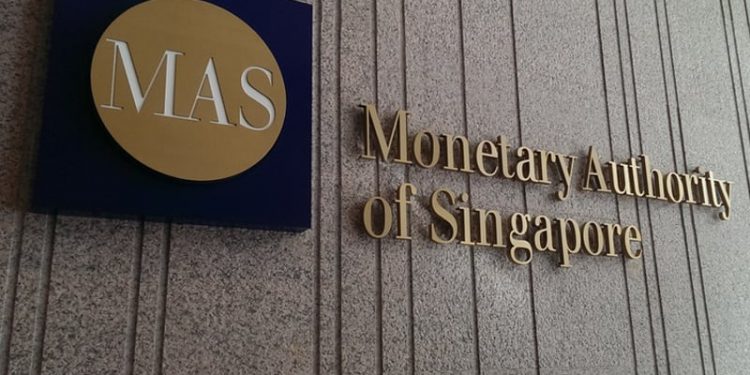Code of Conduct for ESG Ratings and Data Products
The Monetary Authority of Singapore (MAS) has released Code of Conduct on ESG ratings and data products, aiming to establish industry standards for ESG ratings and data products and enhance market confidence.
MAS released a document in June this year, announcing the formulation of an industry code of conduct (CoC) for ESG ratings and data product providers, and defining ESG ratings and ESG data products. After obtaining opinions from various stakeholders, MAS determined the final code of conduct and plans to promote it to the financial industry within one year.
Related Post: Monetary Authority of Singapore Proposes Regulation on ESG Rating Services
Regulatory Scope of ESG Ratings and Data Products
As ESG ratings and data products may be available in multiple jurisdictions around the world, MAS recommends that providers of products related to Singapore’s securities and derivatives industries, whether headquartered in Singapore or elsewhere, need to comply with CoC. Companies located in Singapore and providing ratings and data services overseas are also required to comply with CoC.
When formulating specific guidelines, MAS also drew on the ESG rating regulatory requirements of the UK and the EU, and stated that the CoC may not apply to ESG ratings and data products used internally by the company (such as internal ESG ratings of equities by fund companies in investment decisions). These products will not be continuously and repeatedly sold or commercialized to outsiders, so they do not need to meet the CoC. Similarly, ESG-related advice provided by consultants is also excluded from the scope of CoC.
Although MAS has formulated a detailed CoC, the final regulatory document is still released on a voluntary basis. MAS plans that as the ESG industry matures, if the International Organization of Securities Commissions (IOSCO) or other jurisdictions gradually adopt mandatory compliance, the CoC issued this time may also be modified accordingly.

Disclosure Requirements for ESG Ratings and Data Products
MAS believes that ESG ratings and data products should include the entity’s forward-looking plans and goals in future ESG development. These forward-looking factors can help investors evaluate the entity’s feedback on transition risks and opportunities. The forward-looking factors that the CoC requires providers to disclose are:
- Whether the entity’s decarbonization path is consistent with the scientific path to 1.5 degrees Celsius.
- Whether the entity’s carbon emissions targets include absolute targets and density targets.
- Whether the entity’s carbon emissions targets and methodology have been third-party verified.
- Whether the entity’s carbon emissions targets address all material greenhouse gases.
- Whether the entity’s carbon emission target includes Scope 1 2 3.
- Whether the entity plans to achieve the target without applying carbon credits.
In addition to incorporating forward-looking factors into ESG ratings and data products, CoC also covers best practices such as governance and data source management. Some respondents recommended implementing stricter best practices to reduce the occurrence of greenwashing. MAS believes providers should use high-quality data and cite data sources as verification. When a provider’s disclosure approach changes, the provider is required to disclose the content and potential impact of the change. In terms of conflicts of interest, providers need to ensure that analysts do not receive improper incentives and provide objective and impartial services.
MAS recommends that providers adopt a Comply or Explain approach to CoC. Providers either choose to comply with the CoC or explain why they cannot comply with it. Providers are also required to complete and publish a self-certification checklist and make it available externally (e.g. on websites). These checklists can support third-party audits.
Reference:
MAS Publishes Code of Conduct for Providers of Environmental, Social, and Governance (“ESG”) Rating and Data Products
ESG Advertisements Contact:todayesg@gmail.com








